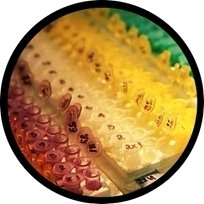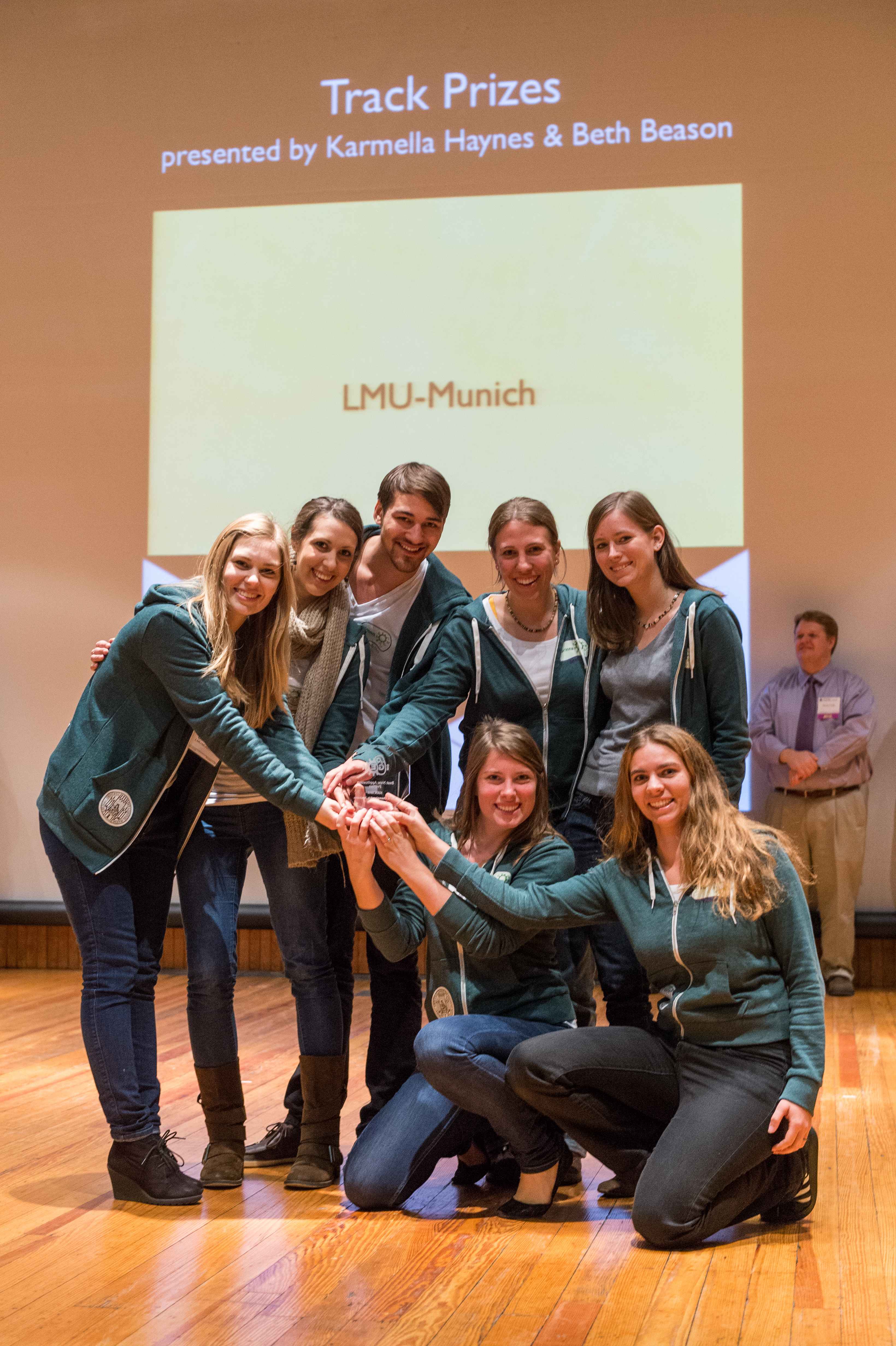Team:LMU-Munich/Germination Stop
From 2012.igem.org
(Explanation of germination stop project.) |
|||
| Line 1: | Line 1: | ||
| - | '''Germination Stop''' | + | <!-- Include the next line at the beginning of every page --> |
| + | {{:Team:LMU-Munich/Templates/Page Header|File:Team-LMU_Sidebar_Home.jpg}}'''Germination Stop''' | ||
The goal of our project '''BEAD'''zillus is the production of ''Bacillus subtilis'' spores which display novel proteins on their outer coat. These novel proteins could be used in a variety of filtration systems, such as binding viruses out of blood, metals out of drinking water, or plastic molecules out of the marine environment. However, before introducing our filtering-spore “beads” into the environment, we must ensure that we are not simultaneously introducing a GMO capable of reproducing on its own. | The goal of our project '''BEAD'''zillus is the production of ''Bacillus subtilis'' spores which display novel proteins on their outer coat. These novel proteins could be used in a variety of filtration systems, such as binding viruses out of blood, metals out of drinking water, or plastic molecules out of the marine environment. However, before introducing our filtering-spore “beads” into the environment, we must ensure that we are not simultaneously introducing a GMO capable of reproducing on its own. | ||
Revision as of 14:02, 30 May 2012

The LMU-Munich team is exuberantly happy about the great success at the World Championship Jamboree in Boston. Our project Beadzillus finished 4th and won the prize for the "Best Wiki" (with Slovenia) and "Best New Application Project".
[ more news ]

The goal of our project BEADzillus is the production of Bacillus subtilis spores which display novel proteins on their outer coat. These novel proteins could be used in a variety of filtration systems, such as binding viruses out of blood, metals out of drinking water, or plastic molecules out of the marine environment. However, before introducing our filtering-spore “beads” into the environment, we must ensure that we are not simultaneously introducing a GMO capable of reproducing on its own.
Spores of B. subtilis are capable of surviving radiation, high heat, freezing, high pressure, and a variety of chemicals. When eventually presented with the right conditions, they can then germinate into vegetative B. subtilis cells. Thus, simply exposing the spores to harsh conditions does not guarantee that they will never germinate.
Our goal is to remove the germination capability, while keeping the necessary structural functions of the spores intact. We have chosen genes involved in germination, and will knock them out to yield a B. subtilis strain which produces spores incapable of germination. This will be checked with germination assays.
Further, we will investigate the possibility of using a redundant toxin system to immediately kill off any spores which somehow germinate.
 "
"



